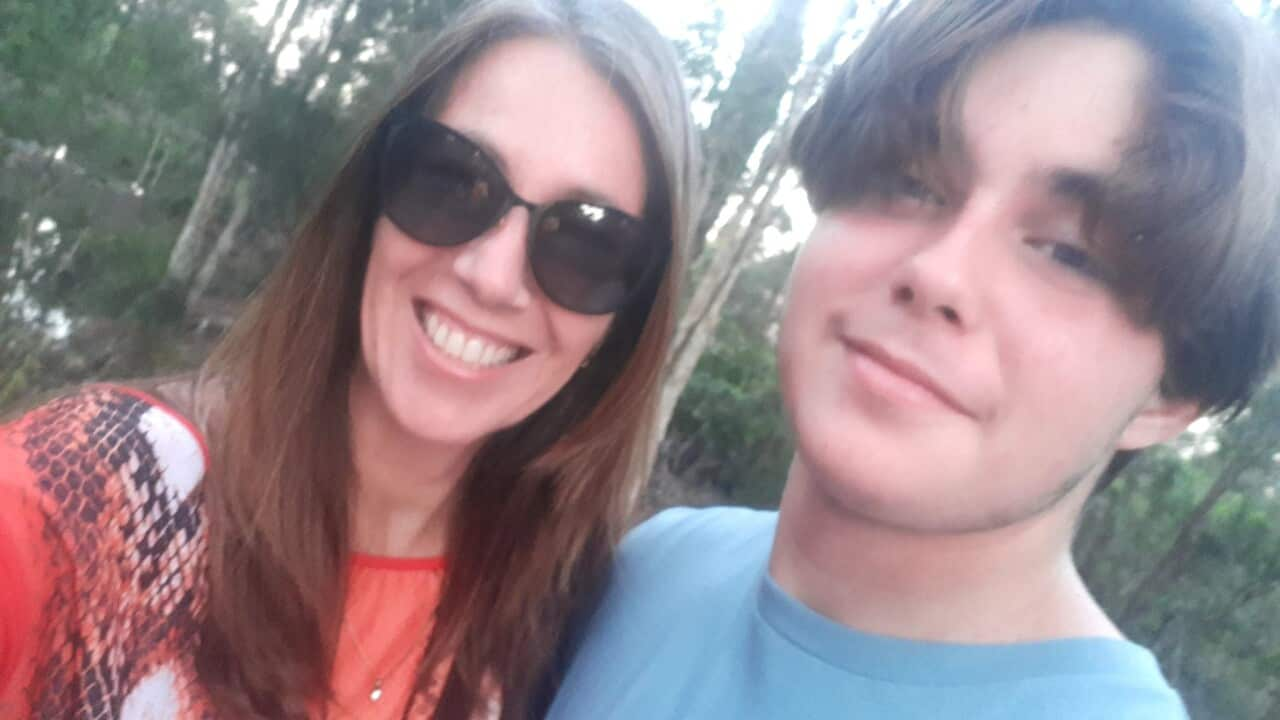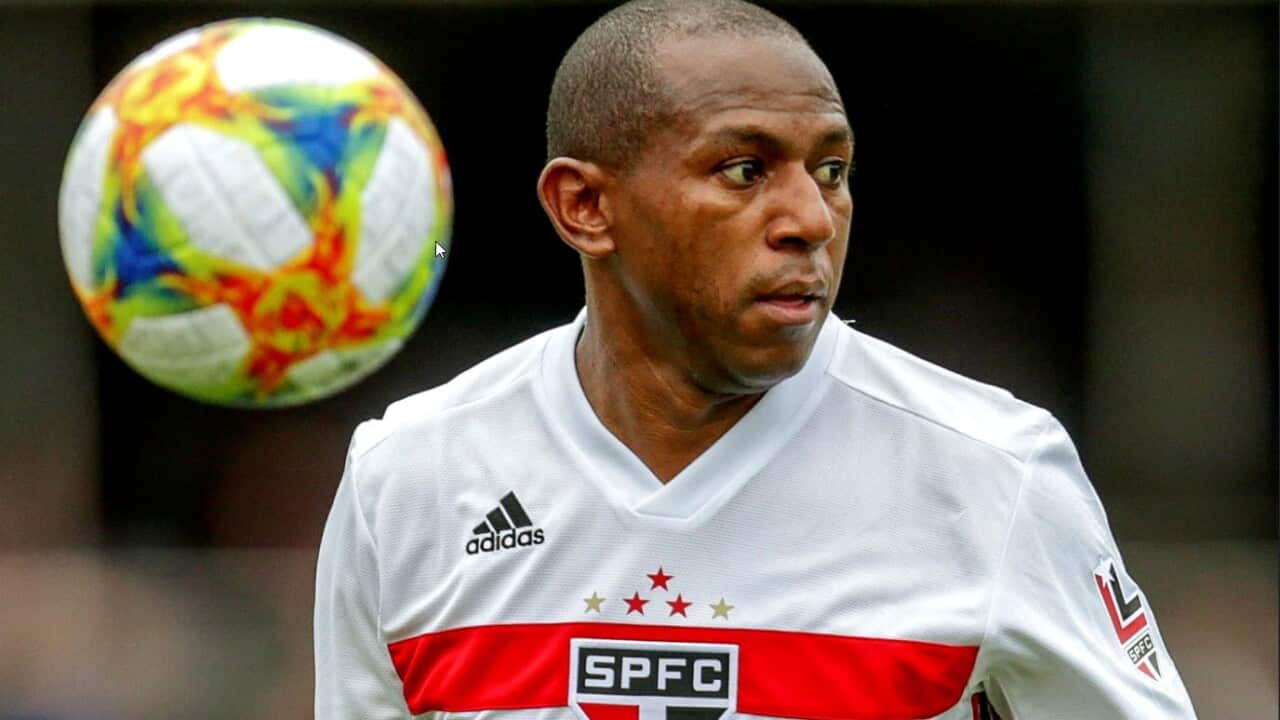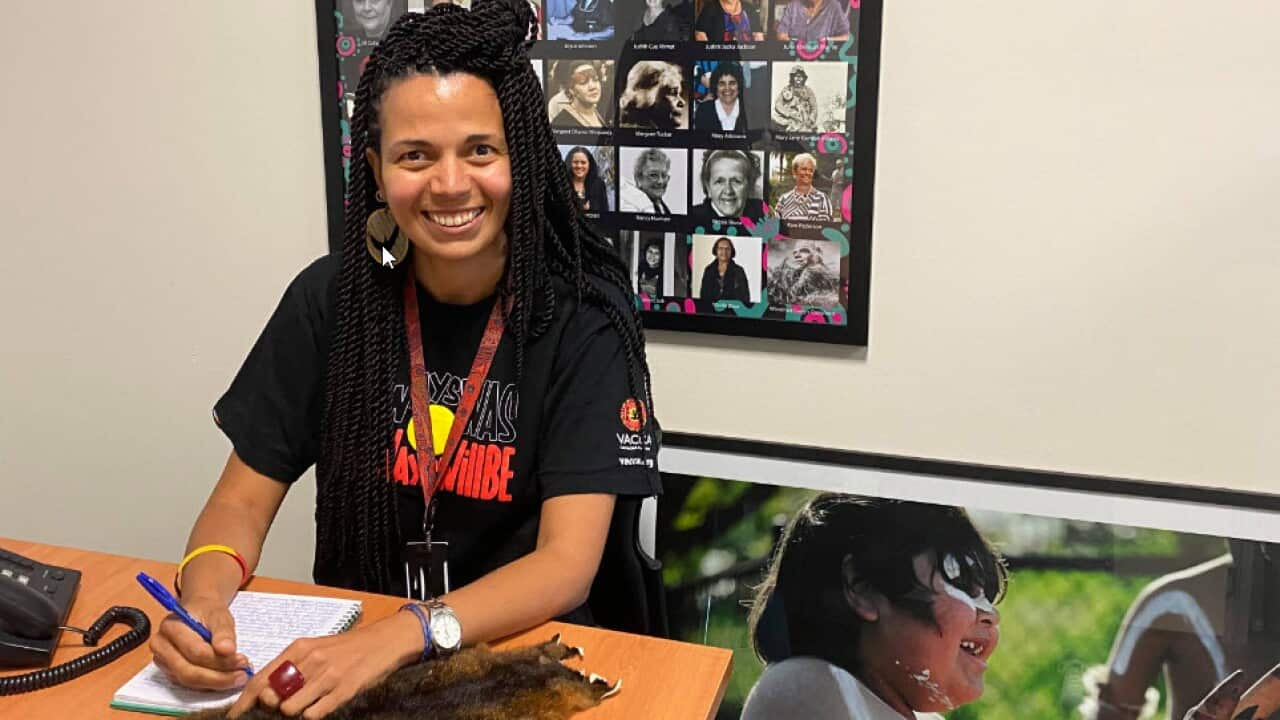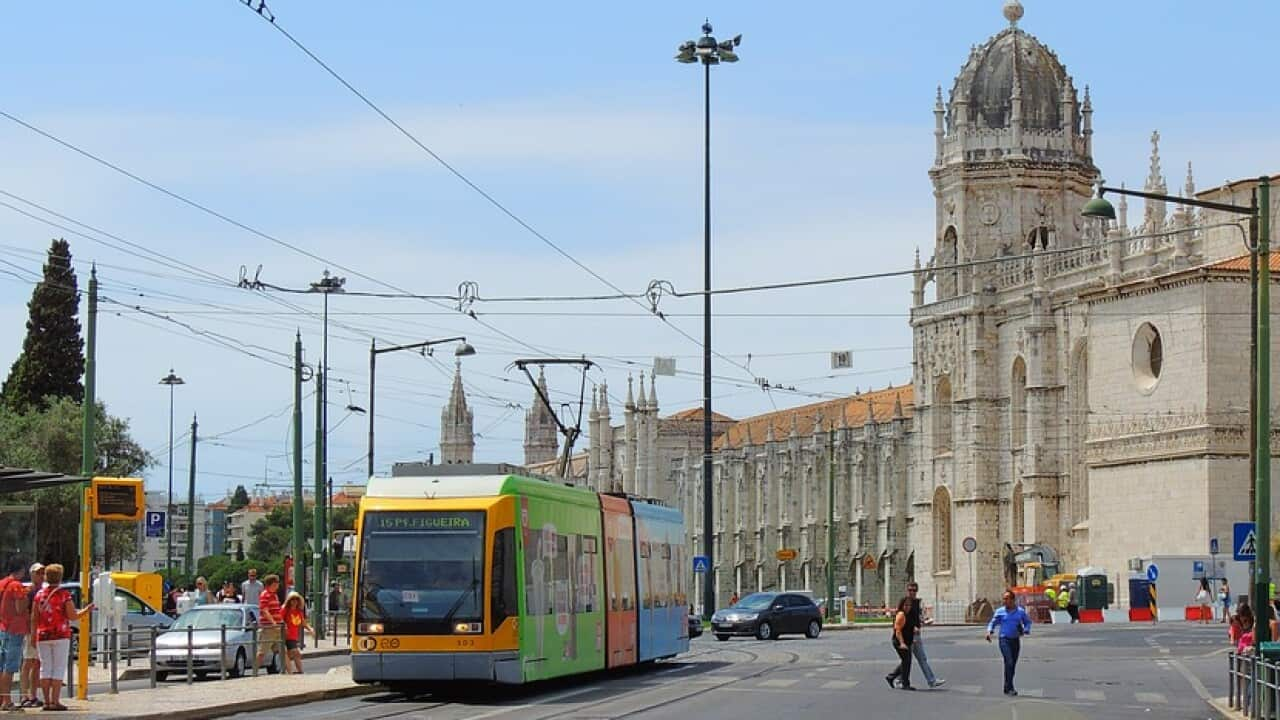Australian law allows a teenager who identifies himself as transgender to change his name and sex in most documents. In the area of health, the rights include receiving hormone treatments or surgery for the gender transition, all covered by Medicare, the Australian public health system.
Each state in Australia has its own laws and in Victoria and Tasmania, for example, any teenager over the age of 16 can change their gender on the birth certificate after making an online application.
In other states, such as Western Australia, North Territory, South Australia, and ACT, it is compulsory to prove that you have already undergone some type of hormonal treatment during the transition or have an authorization from a relevant doctor or psychologist. Only in two states, Queensland and New South Wales, it is still necessary to undergo a gender reassignment surgery before requesting a change to the birth certificate.
The Brazilian Luciana Wright, 52, has lived in Australia for 22 years, currently on the Gold Coast in Queensland. She is the mother of Jakob, who at the age of 13 told her that she would like to transition from female to male. In fact, that was how she learned that this would be her new name.
Today, at the age of 16, Jakob is seen as a hero at the school he goes, and everyone admires him for his courage in moving from female to male. According to Luciana, the transition happens not only with the person involved, but also with the whole family.
Discovery and transition process
SBS Portuguese - Luciana, when did you first realise that your son no longer wanted to identify himself as a girl but as a boy?
Luciana Wright - For me it is difficult to identify the beginning of the story because it was a period where there was a lot of denial and dissatisfaction on my part. Before the transition he was a very 'tomboy' girl (an expression that designates a girl who acts and dresses like a boy) and only enjoyed the company of boys.
We left Australia and went to live in Brazil in the pre-adolescence phase of Jakob and returned to Australia when he was 12 years old. For him the return was very difficult, there was no adaptation process at school, and he was being excluded from other students. At the time I started chatting on social media and read comments where he thought he was bisexual. Then he wanted to cut his hair very short and just dressed like a boy.
He told me that he no longer wanted to wear a girl's uniform at school and that he had already discussed this change with the school counsellor, and that the school needed my authorization in relation to this change. During the meeting with the supervisor I was informed that there would also be a name change and that was when I started to understand that he was determined to change.
SBS Portuguese - And what was your reaction when your son, who was 12 at the time, told you that he was determined to change gender and that everyone at school already knew it?
LW - I was initially shocked and very frustrated. I felt that I had failed as a mother and believed that I had to have a reason, a trauma, a problem or a gap in education. I saw the transition as very negative and destructive. I kept investigating reasons and reasons that could have led my son to want to eliminate his original identity. I had convinced myself that this process had a good chance of coming from a very painful inside. I wondered what had led him to such a drastic and desperate decision. I wanted to convince myself that it was just a phase and that I would be able to convince him to go back.
Today I feel bad for having acted this way. For making him feel inappropriate, wrong, like someone who needed to be fixed. At first, I took him to a psychologist with the hope that the situation would be reversed and to my surprise the psychologist supported the transition. I remember that I talked to him questioning the choice he was making, until one day he taught me that being a man was not a choice, it was who he really was, and that there was no place for me or anyone to question that identity.
He told me that he understood my struggle because the daughter that I once had died. We found a lot of material on the subject on the internet and he himself shared with me a series of resources, so that I would be more aware of the process.
SBS Portuguese - What was the reaction of the family and also of the close friends?
LW - His father was very loving and welcoming. The younger brother (who was about to turn 10 at the time) was a great supporter of Jakob's happiness and taught me a lot about acceptance and compassion. Brazilian and Australian grandparents were very supportive and quickly accommodated their concepts and feelings to care for what was best for their grandson.
In the case of people close to me, I had friends who refused to call him by his new name until Jakob requested directly. Many friends of mine were very uncomfortable and walked away from us. It was a period when I felt very lonely and excluded from my social group. Some were embarrassed because they accidentally used feminine pronouns and released his birth name from time to time. But those who stayed by my side made the decision to change with us, to learn to adapt the vocabulary, to forgive themselves for calling him by his old name.
SBS Portuguese - You commented to me before this interview that Jakob doesn't like to be called a “trans man”, but just a man, without the trans prefix.
LW - I learned from him that for those who change gender the most important thing is the destination and not the journey. Especially for those who go through this in adolescence, which is a period of self-affirmation and consolidation of a person's identity. The prefix “trans” means to him an idea of incomplete gender identity, and I realise that he feels diminished as a man when there is an allusion to the previous gender. I understood that even if we do not do harm, it is kind of stingy to keep bringing up that the person has a modified gender.
SBS Portuguese - How has Jakob's gender transition process been going, psychologically and also physically?
LW - We started with private psychological counselling, with immediate referral by the psychologist to the Gender Clinic of a public state hospital here in Queensland.
At the Gender Clinic in Brisbane we receive information, support with a social worker, psychologist and endocrinologist. We started hormone treatment initially with blockers every 3 months, which interrupted the functioning of female hormones when Jakob was 13 years old. This first phase of treatment is reversible.
Then we wait approximately two years to enter the second phase and take male hormones every 3 weeks - this phase is irreversible and has terminal consequences for female fertility. We had the option of egg preservation (not subsidized by the government) but he chose not to. Consultations cost approximately $ 400 each, but we do not need to pay as we have Medicare and are therefore covered by Australia's public health system. We also opted for private monitoring with a dietician to try to compensate in the best possible way for the effects of prolonged exposure to hormones.
SBS Portuguese- Does Jakob have contact with other teenagers who are going through or have gone through the same process as him?
LW - No. I think he doesn't feel the need to exchange experiences because there is a lot of acceptance and information sharing within our own family and our circle of friends.
School and social life
SBS Portuguese- How is Jakob's life at school and at the social events in which he attends?
LW - My son is already a teenager and that is why I am not always present to see how he is treated. It was some friends from school who welcomed him very early in the process, and even helped him choose this name that he adopted. Everyone had already welcomed Jakob long before I relaxed and accepted the situation. I once told my youngest son that I was concerned about how Jakob might suffer from prejudice, and he said to me “Mom, Jakob is a hero at school. People refer to him as the boy who had the courage to be who he is. He is loved and admired by his colleagues”.
Jakob has been part of the school's drama groups for 3 years, and always manages to pass auditions for the main roles of the productions. He is cast for male roles and I think it helps a lot in building a positive self-esteem in male identity. He also practices volleyball on a men's team and is always selected for the team in regional championships.
Today he has a very cohesive group of friends who are very supportive, always come to our home, travel with us. It is very good to see that he has this feeling of belonging.
SBS Portuguese - Every mother has concerns about her children. What are some of the extra concerns of a mother of a trans child?
LW - At the beginning, Jakob had a little extra work to be taken in by the boys' groups, and I was scared to death when he slept at the house of boys friends with other boys, I wanted to tell the parents that there was actually a girl. I never went ahead with that intention because I knew I would be sabotaging my son's life project of being seen as a man, but I confess that I was vulnerable with the idea that he could be putting himself in a vulnerable position.
After his first girlfriend, he had a second relationship that lasted more than a year. We were introduced to the girlfriend's family, everyone treated him very well. I intimately asked myself "does this family know that he is a trans teenager?", and I felt that I was betraying the trust of that mother who was there with me having dinner, having a wine, welcoming me into her family.
I felt like a liar because I wasn't being honest with her. But at the same time I knew that her daughter was with my son, who is an incredible, respectful, and loving person, the daughter of an incredible woman like me, who is a super mom, matriarch, responsible, hard working woman, caring and loving, so I decided to focus on the fact that Jakob and our family are amazing people, and that they were incredibly lucky to have crossed our path.
Inclusive policies for the trans community in Australia
SBS Portuguese - Here in Australia, only in two states you need to undergo a gender reassignment surgery before making the request to change your gender on the birth certificate. One of these states is Queensland and the other is New South Wales. In all other states you do not need to have surgery, you only have to declare which gender best suits you. How was the process with Jakob in this regard?
LW - We managed to change his name on the birth certificate with a simple online request, with the consent of both parents of the minor, because at the time he was 13, explaining that the change was due to the fact that he identified himself as a man.
It is not possible to change the gender on the birth certificate here in Queensland, unless the person has undergone a gender reassignment surgery. A pity, because I think there is a part of the trans community who could be comfortable without radically modifying the body, but who ends up undergoing surgery unnecessarily to achieve this bureaucratic status regarding the IDs.
But the Gender Clinic gave us a certificate that will allow us the option of not having the gender explicit in Jakob's passport.
SBS Portuguese - In the health area, you already mentioned that Medicare, the Australian public health system, covered practically all expenses with the Jakob transition. In your personal experience, does the Australian government offer any support to teenagers who are also going through a gender transition process in the area of education?
LW - The state's support in the medical field has been fantastic and I believe that we will obtain more and more subsidies for this process that is becoming more and more common every day.
I was also very surprised with the support provided by the school. I had to go to a meeting with the social worker to authorize the change of my son's uniform and name, and I was very impressed to receive official printed material from Queensland Education on the processes and procedures applied in relation to trans children.
For example, there are guidelines for access to appropriate restrooms, the practice of sports where teams and categories are usually divided according to gender, and also about the proper use of dormitories on outings and camps. Anyway, I felt very supported and reassured to know that other people had already gone through what I went through and that there is already enough guidance and school inclusion policies in place to serve us in the best possible way.
Contributing positively to a more inclusive society
SBS Portuguese - Tell us a little about your relationship with your child before and now. What has changed?
LW - Initially, I tried to do everything I could to protect him from suffering. But then I understood that suffering is inherent in life, as well as pleasure and happiness, and I came to the conclusion that even if he were not trans, he could experience pain in life. I decided to have an honest chat with him about what I was afraid of and also about the doubts and curiosities I had about the gender transition.
I decided to be as close as possible, I decided to support and try everything together with him. So, I decided to love and respect him at all possible and imaginary moments. I decided that I would be his safe haven, and he would be mine. I demonstrated that I had confidence in the process and that I believed he was capable of making his own choices. I decided to forgive myself and ask him for forgiveness for my mistakes and my lack of acceptance at the beginning of the transition process. I decided to show my deep admiration for him having the courage to be who he really is. And also my deep gratitude for him having taught me so many things.
Based on this immense love and tremendous trust, our relationship has strengthened. Showing a child that we trust him generates tremendous empowerment, the child matures and begins to take care of people in return. Today we are mutually protected by the strength of our love.
SBS Portuguese - What would you say to a mother or father where one of the children is going through a gender transition process?
LW - I would say that gender does not define any quality of a human being. I would say to surround yourself with a group of people who are truly meaningful, and to look at yourself as a human being who is in life to be happy regardless of the judgment of others.
Currently, I am writing a book so that one day I can share my experience as a mother, as I think that literature, the media and general interest are very focused on the individual who transits, and this is a very suffocating and limiting approach for those who are around, because the transition is much bigger than the individual.
They all change together: the trans, mother, siblings, family, friends, school, etc. We have to understand that trans is a courageous person who deserves all our support to live their truth. And this truth is expressed in such a powerful way that it is able to modify the truth of those around you. For me, embracing this experience was very liberating and I would very much like this experience to transform other people's lives in a positive way.
Translation: Jason Mathias











